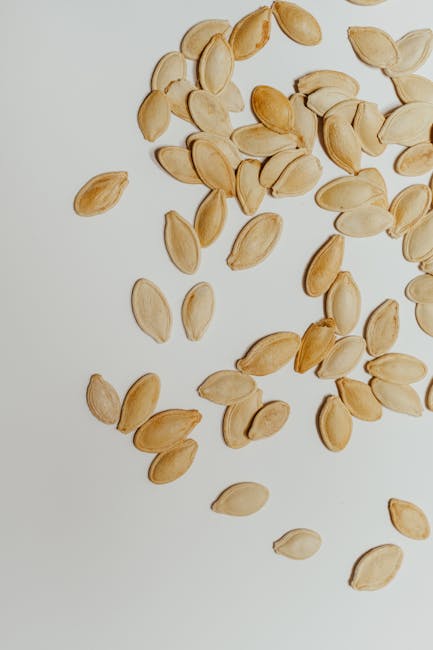
For years, seed oils like soybean, corn, and sunflower oil have been the subject of intense debate. Labeled as inflammatory villains by some, and dismissed as harmless by others, the truth about their impact on our health has remained shrouded in controversy. But now, a groundbreaking new study is turning the narrative on its head.
Researchers at [University Name/Institution Name] have published findings suggesting that, contrary to popular belief, these oils may actually possess anti-inflammatory properties under certain conditions. Their research, published in [Journal Name], involved [brief description of the study methodology, e.g., a controlled trial with participants exhibiting specific inflammatory markers]. The results revealed a statistically significant reduction in inflammatory markers in participants who consumed a diet incorporating these oils, compared to control groups.
This discovery challenges the long-held assumption that seed oils automatically lead to inflammation. The study’s authors emphasize the importance of considering several factors, including the quality of the oil (e.g., processing methods, oxidation levels), the overall dietary context, and individual variations in response. They suggest that the negative reputation of these oils might be due to factors like excessive consumption, poor oil quality, or the prevalence of inflammatory diets.
So, what does this mean for you? It doesn’t mean you should suddenly start chugging gallons of soybean oil. This study highlights the need for a nuanced perspective. While moderation remains key, the results suggest that including these oils as part of a balanced and healthy diet, prioritizing high-quality, minimally processed options, may not be the inflammatory culprit many believe.
Important Considerations:
- This study is just one piece of the puzzle. More research is needed to fully understand the long-term effects.
- The quality of the oil matters significantly. Look for cold-pressed, unrefined oils whenever possible.
- Consult a healthcare professional or registered dietitian before making significant dietary changes.
The debate surrounding seed oils is far from over, but this study provides compelling evidence that the narrative might need a significant re-evaluation. It underscores the importance of critical thinking, rigorous scientific research, and the need to avoid overly simplistic generalizations in the realm of nutrition.
